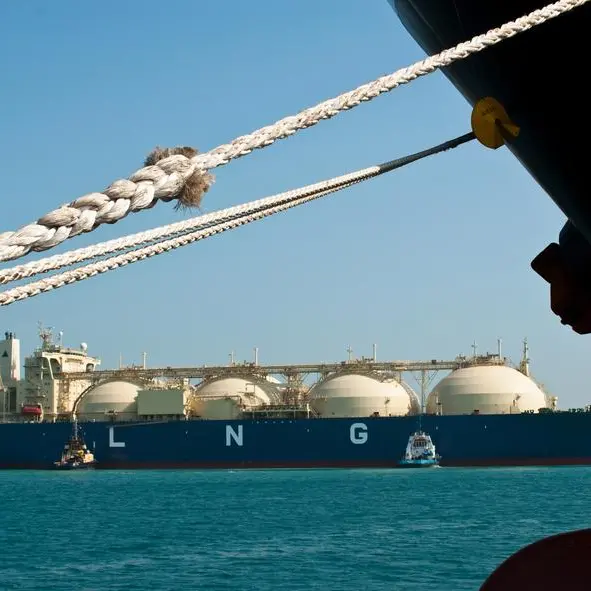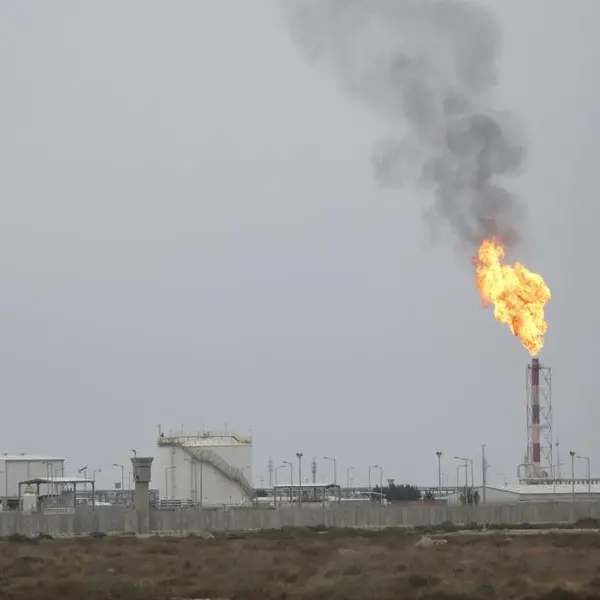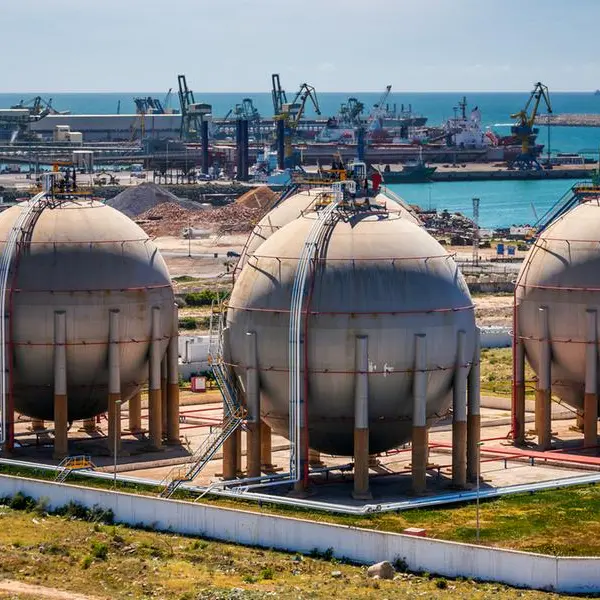PHOTO
KUWAIT CITY: Kuwait ranked fifth on the list of the largest producers among OPEC members, as its production during July reached 2.415 million barrels per day, compared to 2.423 million barrels last June, thus decreasing by about 8,000 barrels per day.
Saudi Arabia topped the list with a production of 9.015 million barrels per day, followed by Iraq with 4.251 million barrels, then Iran with a production of 3.271 million barrels per day, then the UAE with 2.952 million barrels per day. In addition to Kuwait, Libya’s production decreased by about 19 thousand barrels per day, and Congo’s by about 6 thousand barrels per day, while the production of 8 countries increased, led by Saudi Arabia, whose production increased by about 97 thousand barrels per day.
The organization lowered its forecast for oil demand for the current year to 2.1 million barrels per day, for the first time in 13 months. OPEC, in its August report issued yesterday, expected oil demand this year to be 2.1 million barrels per day, which is 135,000 barrels per day less than all its previous forecasts dating back to July 2023. The organization slightly reduced its estimates for global oil demand in 2025 by about 65,000 barrels per day, to remain at around 1.8 million barrels per day. It expects demand for crude from OECD countries to grow by 0.2 million barrels per day in 2024, while growth in demand from non-OECD countries is expected to reach 1.9 million barrels per day, driven mainly by demand from China.
Markets are waiting for the Saudi-led OPEC+ alliance to announce its plans for oil production in the coming weeks. At a review meeting earlier this month, the alliance’s member states reiterated that the return of voluntary cuts could be halted or reversed depending on market conditions. OPEC expects non-OPEC+ oil supply to grow by 1.2 million barrels per day this year, the same estimate as the previous three months. OPEC kept its forecast for non-OPEC oil supply in 2025 unchanged from the previous two months at 1.1 million barrels per day. It said the increase in supply would come from the United States, Canada and Brazil.
Arab Times | © Copyright 2024, All Rights Reserved Provided by SyndiGate Media Inc. (Syndigate.info).





















